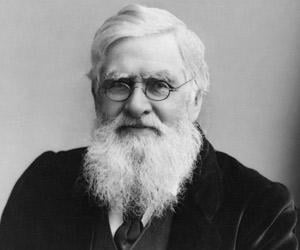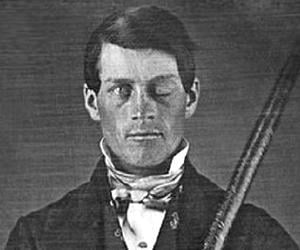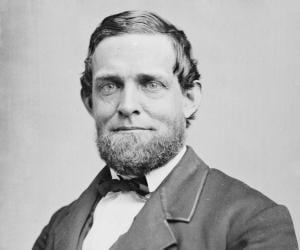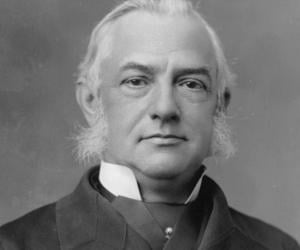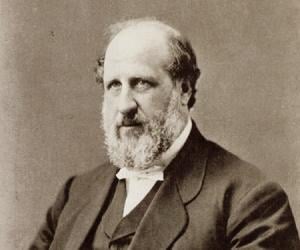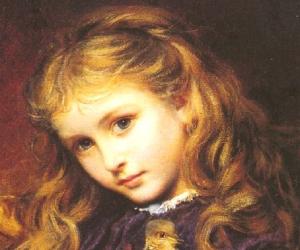British naturalist Alfred Russel Wallace is largely remembered for his theory of evolution through natural selection, which inspired Charles Darwin’s studies. He began his career as a surveyor’s apprentice and later introduced concepts such as reinforcement in animals, also known as the Wallace effect. He was awarded the Order of Merit.
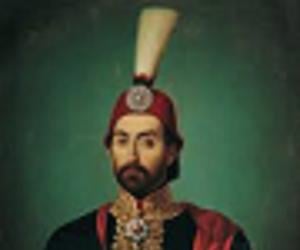
Abdülmecid I reigned as the Sultan of the Ottoman Empire from 2 July 1839 until his death on 25 June 1861. During his reign, Abdülmecid I tried to set up alliances with France and the United Kingdom. He also played an important role in the Crimean War against the Russians.
Phineas Gage was a railroad construction foreman. He is best remembered for surviving an accident which destroyed much of the left frontal lobe of his brain; during the accident, a large iron rod was driven through his head. Gage's personality was said to have changed after the accident, which contributed immensely to studies about the brain's role in determining personality.
Max Müller was a German-born Orientalist and philologist. Müller is credited with co-founding the western academic disciplines of religious studies and Indian studies. In 1874, he was honored with the Pour le Mérite. He received the prestigious Bavarian Maximilian Order for Science and Art in 1875. In India, the Goethe Institutes are named in his honor.
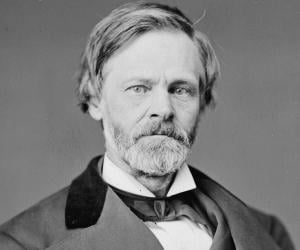
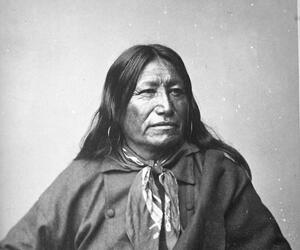

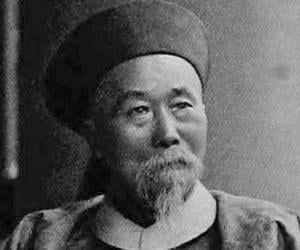
Li Hongzhang was a Chinese politician, diplomat, and general of the popular Qing dynasty. He is credited with quelling many major rebellions and took up several important positions in the imperial court. Although he was praised for his diplomatic skills, Li has remained a controversial figure due to his military and political defeats.
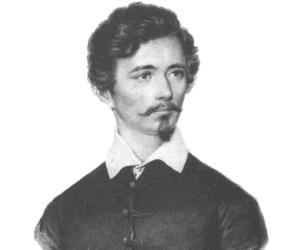
Hungarian poet and revolutionary Sándor Petőfi is remembered as one of the pillars of the 1848 Hungarian Revolution, and his song Talpra Magyar became an anthem of the revolution. While he was initially part of the army, ill health got him dismissed soon. He also penned the epic fairy tale János vitéz.
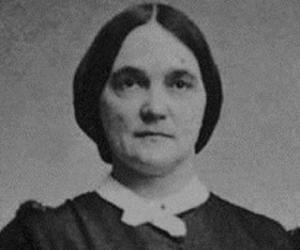
William M. Tweed was an American politician best known for serving as the boss of Tammany Hall, which had a major influence on the political scene of 19th-century New York State. He was later convicted for stealing millions of dollars from New York City taxpayers. His life and career inspired several films, such as Up in Central Park and Liberty.
Born to a French father and a British mother, Sophie Gengembre Anderson was a self-taught artist. The family fled to the U.S. to escape the French Revolution. A master portraitist and a major Pre-Raphaelite figure, Sophie specialized in painting women and children, with cats and natural elements thrown in.
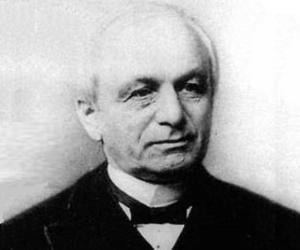
German mathematician Leopold Kronecker is best remembered for his pioneering work on the theory of equations and algebra. Interestingly, he wasn’t too keen on academic research initially and focused on his land business, while simultaneously pursuing math as a hobby. He could only focus on math after retiring at 30.
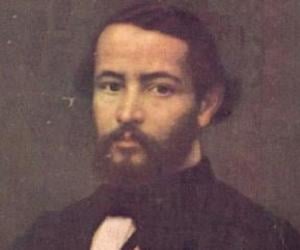
Gonçalves Dias was a Brazilian lawyer, poet, playwright, ethnographer, and linguist. A major figure of Brazilian Romanticism, he is credited with having composed Canção do exílio, often considered the best known poem of Brazilian literature. He was posthumously awarded the title of national poet of Brazil and is the patron of the 15th chair of the Brazilian Academy of Letters.
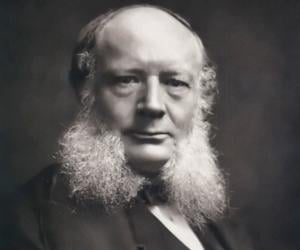
German-British inventor and electrical engineer, who revolutionized the steel-making and glass-making industries, is best remembered for using the Siemens-Martin process to create the regenerative furnace. His achievements earned him accolades such as the Albert Medal. He was a Fellow of The Royal Society and was knighted shortly before his death.
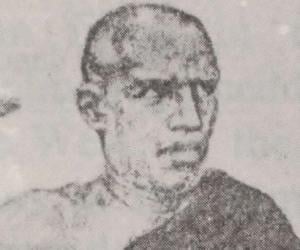
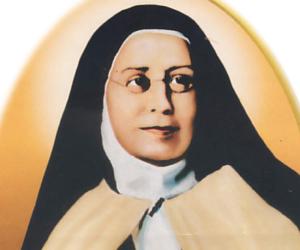
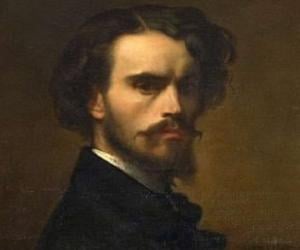
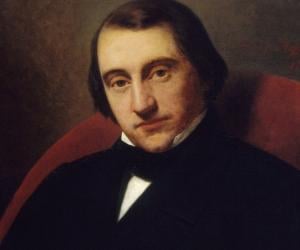
Ernest Renan was a French Semitic and Orientalist scholar. A multi-talented personality, Renan was also an expert of Semitic civilizations and languages, philologist, philosopher, historian of religion, critic, and biblical scholar. Ernest Renan is credited with writing pioneering and influential works on the origins of Christianity. Ernest Renan is also credited with writing the extremely popular book, Life of Jesus.
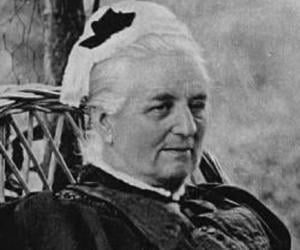
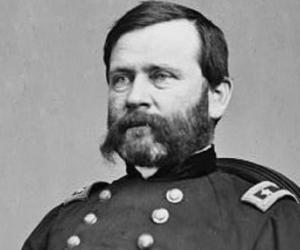
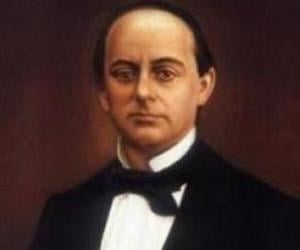
In spite of growing up as a poor orphan, who aspired to be a priest, Sebastián Lerdo de Tejada ended up completing a law degree and became a professor. He later stepped into politics and, as a Liberal leader, led Mexico as its 31st president.
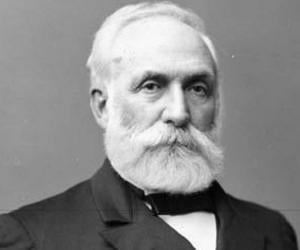
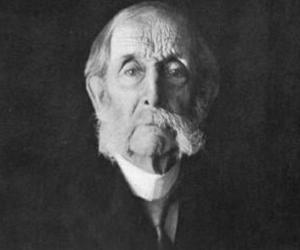
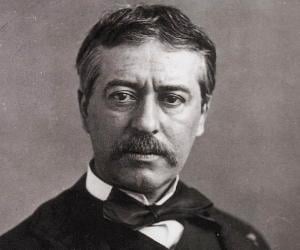
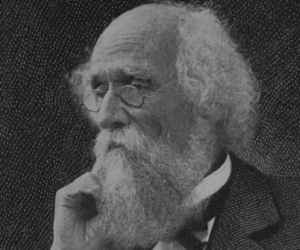
US physician and geologist Joseph LeConte was associated with the University of California, Berkeley as a professor. A noted conservationist of the California region, too, he is remembered for his studies on the mountain ranges of the West, most prominently in and around Yosemite National Park.
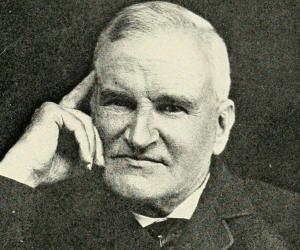
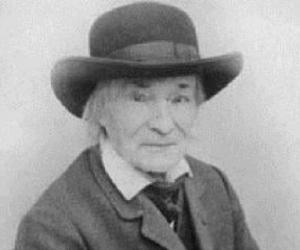
Jean-Henri Fabre was a French entomologist, naturalist, teacher, chemist, physicist, botanist, and author. He is best remembered for his study of insects; Fabre is widely regarded as the father of modern entomology. He is also remembered for his interesting literary work on the lives of insects. Jean-Henri Fabre's life and career inspired the 1951 biographical movie Monsieur Fabre.
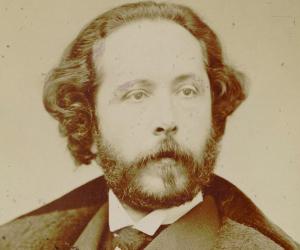
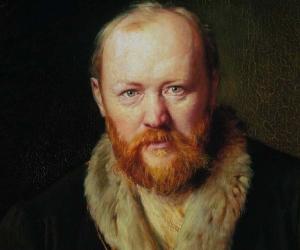
One of the greatest Russian playwrights to have ever lived, Alexander Ostrovsky represented the realistic period. A law school graduate, he initially worked as a law clerk. His play Bankrot was banned because of its controversial topic. He was also associated with the Maly Theatre of Moscow.
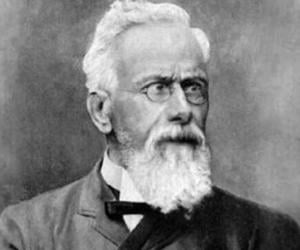
Noted for his contributions in the fields of topology and algebra, Italian mathematician Enrico Betti also worked in the area of theoretical physics, particularly dealing with potential theory and elasticity. He discovered Betti's theorem and is perhaps best remembered for his 1871 paper on topology that led to the eventual naming of the Betti numbers after him.
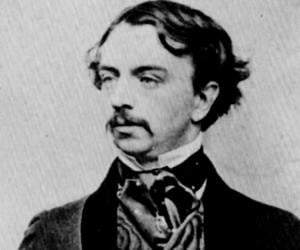
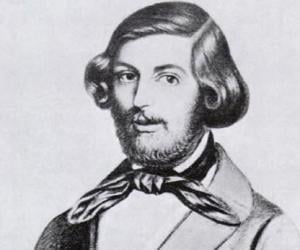
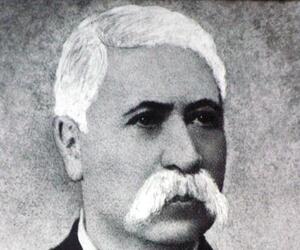
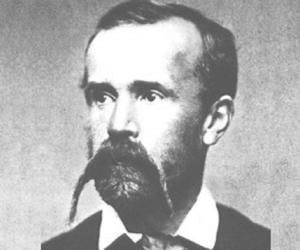
Though a qualified lawyer, Imre Madách gained fame as a poet and author. The 15-act play The Tragedy of Man, compared to the works of Faust and Milton, was not only his best-known work but also a significant addition to Hungarian literature. He was also a politician and an MP.
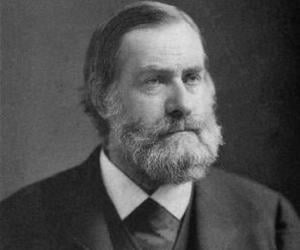
Joseph Leidy was an American parasitologist, paleontologist, and anatomist. He is credited with writing an influential and important book titled Extinct Fauna of Dakota and Nebraska which housed several previously unknown and not described species. He also served as a professor at many educational institutions, including the University of Pennsylvania and Swarthmore College.
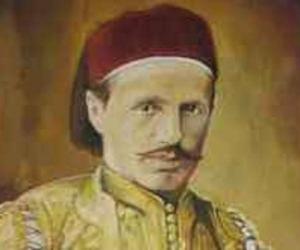
Youssef Bey Karam, considered one of the major pillars of Lebanese nationalism, not only participated in the 1860 civil war but also led a rebellion against the Ottoman Empire. Well versed in languages such as French and Italian, the Lebanese Maronite had also been the governor of Ehden.
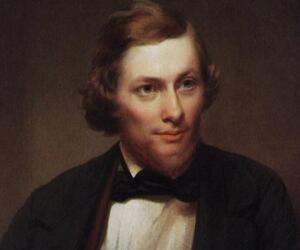
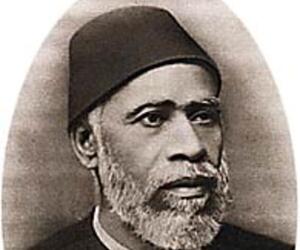
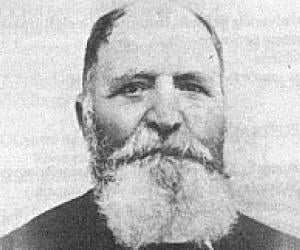
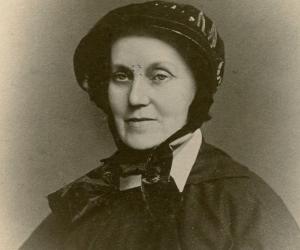
Sister Mary Irene FitzGibbon, popularly known as Sister Irene, is best remembered as the founder of the New York Foundling Hospital, a first-of-its-kind hospital that catered to abandoned infants, especially those born of unwed mothers. She also introduced pioneering programs for adoption and for arrangement of foster homes.
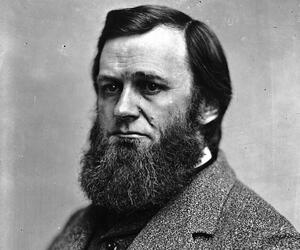
American naturalist, ornithologist, and vertebrate zoologist Spencer Fullerton Baird was an expert on North American birds and mammals. Initially a professor of natural history, he was later associated with the Smithsonian Institution as a curator and assistant secretary. He was also instrumental in the establishment of the US Commission of Fish and Fisheries.
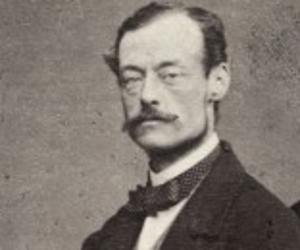
Civil servant-statesman of the Austrian Empire Count Richard von Belcredi served as Minister-President and Minister of State and later as President of the Cisleithanian Administrative Court. He planned to implement a federation of Austrian crown lands taking Swiss constitution as his model and his Three Count Ministry recommended conservative federalism in which historic rights of the Slavs would get recognition.
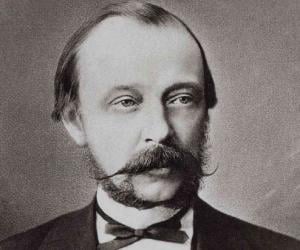

Starting his medical career as an army surgeon, Friedrich von Esmarch later pioneered the use of the Esmarch bandage as a first-aid solution for soldiers. He later taught as a professor of surgery and also penned an invaluable manual of military surgical procedures. He eventually received a patent of nobility.
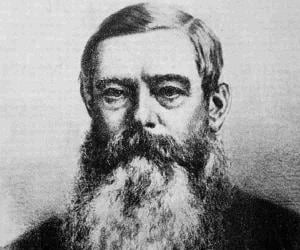
Born in Cape Town, Johannes Brand grew up to be a lawyer and even studied in Britain. As the president of the Orange Free State, he secured prosperity for the land and was also knighted by the Queen of England. He also led a few costly wars against the Sotho.
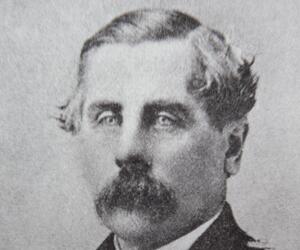


Irish economic historian John Kells Ingram didn’t just excel in math in his younger days but also showed considerable talent in literature and languages, teaching oratory and Greek at Trinity. He is remembered for his extensive work on the Poor Law and also for his contribution to inversive geometry.
